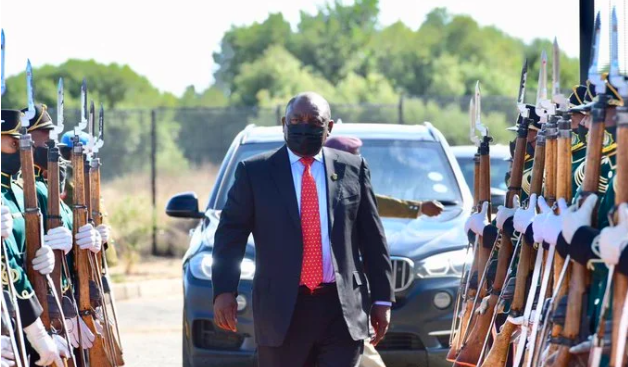Article: South Africa has run out of options, say economists


"The debate on the social safety net has shifted since the July unrest – and there is now broader agreement that extreme poverty and inequality can lead to future episodes of damaging instability," say economists at Old Mutual Wealth.
In a research note this week, the group noted that the debate around additional financial support has moved on from whether it needs to be implemented to how the country and the government can do it.
“Some argue for a basic income grant, while the finance minister has reiterated that he would rather expand measures that encourage employment – such as youth employment subsidies and public works,” said Old Mutual Wealth.
“Either way, it will have to be accommodated by changing government spending or raising taxes, or both. We cannot bank on commodity price windfalls every year.”
The government has long promised to address its rising debt burden by slowing spending and raising tax revenue, but this has proven to be difficult.
The hard lockdown early last year made things much worse, as tax revenues plunged while health and social assistance spending increased. In the past few months, however, tax revenues have risen better than anticipated, thanks to the commodity boom and faster growth in the broader economy.
“Therefore, the government could respond to the recent unrest mostly by utilising this tax revenue overrun rather than borrowing more,” Old Mutual Wealth said.
“The bulk of the R39 billion assistance package – R27 billion in total – will go towards a reinstatement of the R350 per month social relief of distress grant until March 2022.”
Ultimately, South Africa needs faster economic growth and job creation along with spending discipline to ensure long-term debt sustainability, the group said.
President Cyril Ramaphosa has said that the government is currently investigating the feasibility of introducing a basic income grant in South Africa.
Speaking at a Mandela Day memorial lecture on Sunday (18 July), the president said that the grant would show people ‘that the government cared’.
“This will validate our people and show them that we are giving serious consideration to their lives.
“We are giving active consideration to the grinding poverty that we continue to see in our country. We need to address the structural inequalities in our economy,” he said.
Social Development minister Lindiwe Zulu said that the need to introduce a basic income grant has become an urgent consideration for the government.
Presenting her departmental budget speech on 25 May, Zulu said her department has developed a Basic Income Grant (BIG) discussion document that it has started consultations on.
“These consultations are targeted at developing the BIG financing mechanism for the unemployed population group that is aged 19 — 59 years,” she said.
Zulu said that a secondary process around a new BIG is being discussed by the Nedlac.
The ANC has previously said that it will also look at the feasibility of introducing a basic income grant as part of a series of outcomes decided upon by its National Executive Committee (NEC).
Source: Business Tech